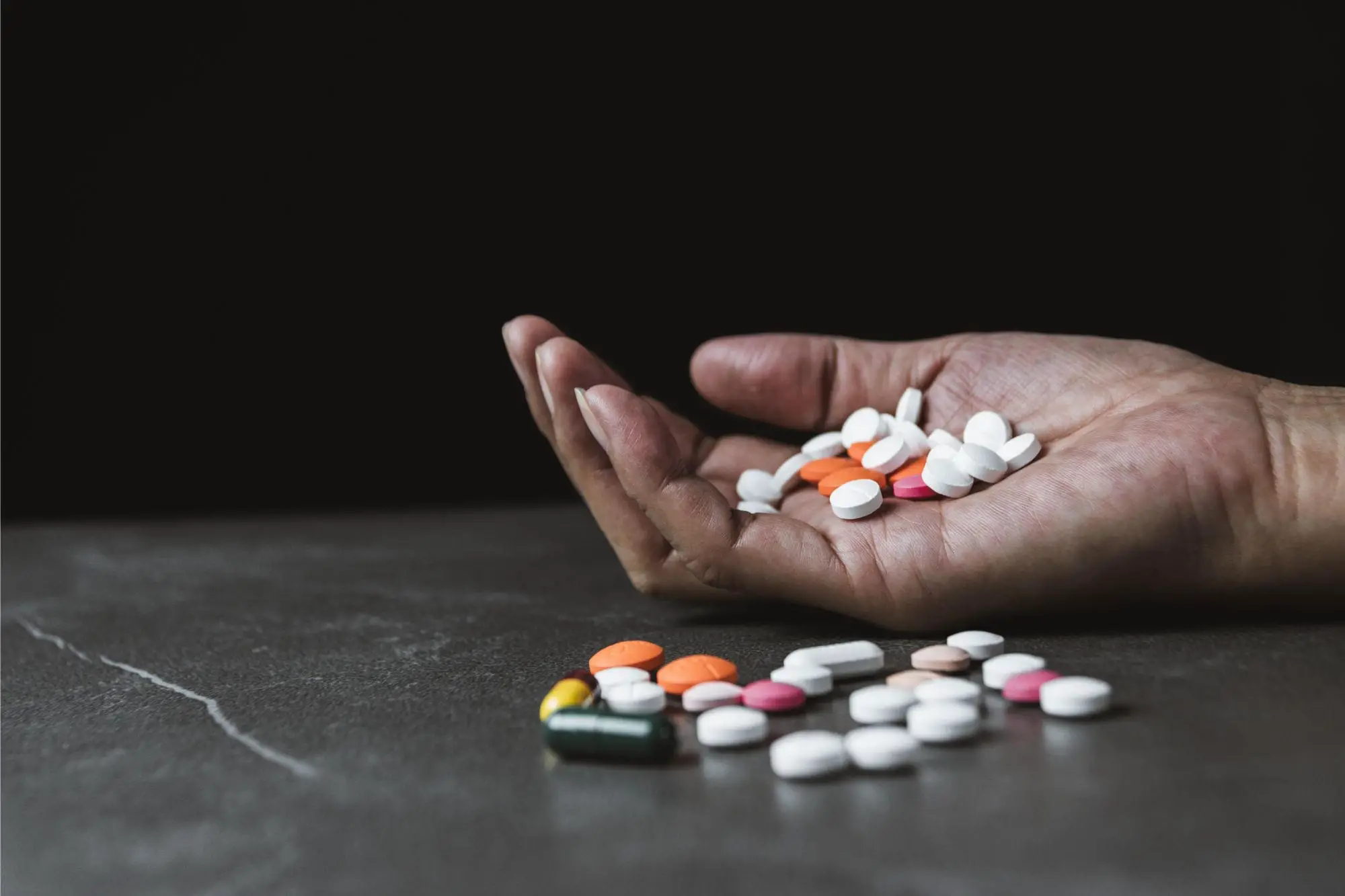Scientists at the Scripps Research Institute have developed an antibody that effectively reverses the life-threatening effects of the potent opioid carfentanil in preclinical trials. This antibody therapy may offer a longer lasting and more potent treatment for synthetic opioid overdose than current options.
An antibody therapy developed by Scripps Research appears to outperform existing opioid overdose treatments.
Scientists at Scripps Research have demonstrated in preclinical studies that antibodies in the form of single chain fragment variable (scFv) can bind to the potent opioid carfentanil and reverse its overdose symptoms.
Carfentanil is a derivative of a synthetic opioid Fentanyl It is about 100 times stronger. It is often combined with illicit drugs such as heroin and cocaine to enhance the euphoria, and fatal overdoses often occur.
In a study published in ACS Chemical Neuroscience On August 3, 2023, researchers developed a human antibody that binds carfentanyl, fentanyl, and other fentanyl variants very tightly. Researchers have shown that administration of an antibody solution immediately after an overdose reverses the potentially lethal respiratory depression caused by carfentanil, the most dangerous variant, in rodents. The results suggest that this antibody may represent a more potent and long-lasting treatment for synthetic opioid overdose compared to existing options.
“We hope this antibody will be a valuable new weapon in fighting the opioid crisis,” said lead study author and Scripps Research Institute Ely R. Calloway, Jr. chemistry professor Kim. Dr. D. Janda says:
The lead author of the study was Dr. Lisa Eubanks, principal investigator at the Janda Institute.
Opioid drugs, whether synthetic or derived from opium poppy, bind to and activate neuronal receptors called mu opioid receptors. These receptors are present on different types of neurons throughout the human nervous system. Therefore, opioid drugs cause not only pain relief and euphoria, but also respiratory depression, that is, breathing that slows down and becomes shallow.Respiratory depression is the direct cause of death in tens of thousands of fatal opioid-related overdoses each year in the US

Crystal structure of the optimized antibody, C10-S66K. The binding pocket between C10-S66K and fentanyl and carfentanil is shown as a gray surface, fentanyl and carfentanyl are shown as green and yellow sticks, respectively.Credit: Scripps Research
After fentanyl, carfentanil is the second most common synthetic opioid illicit drug in the United States. It was once legally available as a tranquilizer for large animals, but was withdrawn from the market by the FDA in 2018 due to its potential for misuse and its dangers. Potential lethality at doses measured in micrograms. Carfentanil is so potent that the US government considers it a possible chemical weapon.Early research on new antibodies in the Janda Lab is partly funded by National Institutes of Health program It was intended to find an antidote to such weapons.
Fentanyl and carfentanyl overdoses are currently treated with the mu opioid receptor blockers naloxone and naltrexone, but these treatments are ineffective against synthetic opioids, even at high doses. There is In addition, the effects of these treatments usually last less than an hour after administration, potentially allowing resumption of respiratory depression from fentanyl or carfentanil (which persists longer in the body).
Janda and his team set out to develop an anti-fentanyl antibody with three basic characteristics. First, it must bind to fentanyl and its derivatives with very high affinity, drawing fentanyl and its derivatives out of the bloodstream and thereby diffusing them out of the body. So is the brain. Second, it must remain in the body to provide reasonably long-term protection. Third, it should enter the bloodstream quickly and be delivered via a simple intramuscular injection without the need for special training.
To obtain antibodies, Janda and his team vaccinated rodents with molecules designed to induce antibodies to carfentanyl, fentanyl, and variants thereof. The rodent was engineered to produce human antibodies (rather than rodent antibodies, which when administered to humans would provoke an undesirable immune response). Among the resulting antibodies, the researchers were able to identify several antibodies that bind carfentanil with very high affinity and very strongly bind to fentanyl and several other fentanyl derivatives. I was. We then selected the most potent of these antibodies, modified it to be lighter (so it could reach the bloodstream more quickly), and further modified it to persist in the blood for several days.
Studies in rodents show that an optimized scFv called C10-S66K is indeed potent in reducing carfentanil’s effects on the brain, and when injected 15 minutes after high-dose carfentanil exposure, Carfentanil-induced respiratory depression was shown to be reversed. After about 40 minutes the effect was stronger than with naloxone and was still increasing after 2 hours, but the naloxone effect peaked at 30 minutes and declined rapidly.
As part of the study, the collaborative laboratory of Dr. Ian Wilson, Hansen Professor of Structural Biology at the Scripps Research Institute, used X-ray crystallography to analyze the carfentanyl and fentanyl bonds C10-S66K at atomic resolution. determined a structure close to . These structural data suggest that the antibody indeed binds well to multiple fentanyl derivatives, but should not interfere with the activity of other beneficial opioid molecules such as naloxone and naltrexone.
Reference: “An engineered human antibody fragment with fentanyl panspecificity that reverses carfentanil-induced respiratory depression” (Lisa M. Eubanks, Tossapol Pholcharee, David Oyen, Natori Yoshihiro, Bin Zhou, Ian A. Wilson, Kim D. by Janda) August 3, 2023 ACS Chemical Neuroscience.
DOI: 10.1021/acschemneuro.3c00455
Janda and Scripps Research have licensed the rights to further develop and commercialize C10-S66K to pharmaceutical company Cessation Therapeutics, the sponsor of a clinical trial scheduled for this month. The U.S. Food and Drug Administration (FDA) has approved a full-length IgG version of this antibody, called CSX-1004, for clinical trials, which are expected to begin this month for the prevention of fentanyl overdose.
This study was funded by the National Institute on Drug Abuse.

